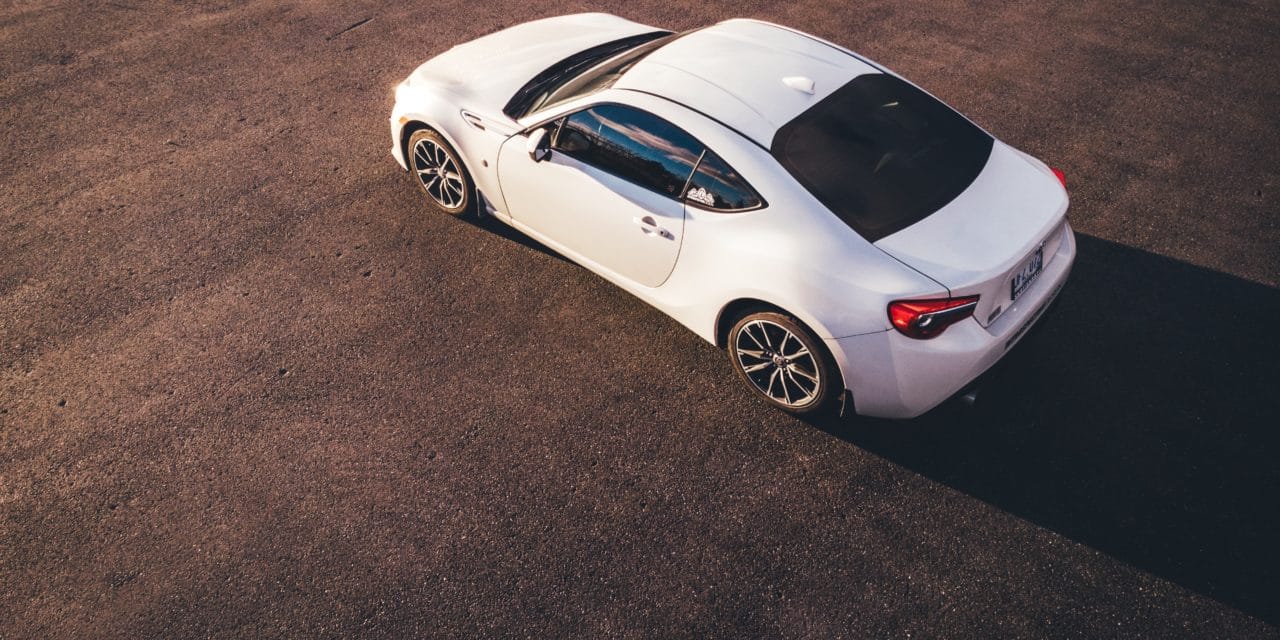[ad_1]
Volvo has long been attributed with being the number one automobile manufacturer when it comes to vehicular safety and rightly so. As an inventor of “crumple zones” and “safety cages” to protect passengers, Volvo set the tone for worldwide auto building for the next several generations. Indeed, the auto industry owes much to Volvo's many safety contributions. Not to be lost in all of this is the work that Mercedes-Benz has been doing to improve passenger safety too. Taking the Volvo concept one step further, Mercedes now incorporates several technological advances with their vehicles in order to provide the safest riding experience available. Let's take a look at Mercedes' PRE-SAFE system and how it can protect you and your passengers.
I must admit that the first time I heard about Mercedes' new safety system I had thought that it was something that was still years away from becoming available. How wrong I was! The PRE-SAFE system, as it is called, is a terrific way to enhance passenger safety and one that should be adopted by other automakers. Yes, I am sure that it isn't a cheap system but as it is with so many technological advances the price is bound to drop and the system or something like it will become widely available across the board.
Introduced with select Mercedes models in 2003, the PRE-SAFE system automatically kicks in moments before a collision. All it takes is a panic stop or a skid and the system is set in motion; here is what occupants can expect moments before a crash occurs:
Snug in place. Passenger seat belts automatically tighten to prepare occupants for a crash.
Snug in place, part two. Along with the seat belts, air cushions on the sides of the seats inflate to keep people in position.
Seat movements. Headrests and seats automatically move to predetermined positions that provide optimum protection for occupants.
Close it up. Windows automatically shut to offer the best support for side-curtain air bags and cars equipped with a moon roof will find that it has closed up in the event of a rollover.
Since its introduction, PRE-SAFE has been expanded to additional Mercedes models and the original technology is constantly being tweaked and improved upon.
New technology being developed by Mercedes includes the development of a radar sensor to track vehicles running a red light and slamming into your car. Once this technology has been readied, it will take the PRE-SAFE system one step further and offer occupants one more way to avoid serious injury.
So, is Volvo behind in the development of crash preparation technology? Not a chance. Volvo released its Whiplash Protection Seating System in 2000 that prepares passengers for a rear hit by adjusting the seating position to minimize impact. In addition, the company is working on a radar system that can detect when a driver drifts out of his lane. This feature will also utilize an electronic eye to keep an eye on blind spots not seen through the side mirrors.
Ultimately, a defensive driver is the best driver, but there are times when situations are completely out of your control. Mercedes' PRE-SAFE system is certain to be a big help and is likely to reduce serious injuries and even prevent some deaths. Technology at its best!
[ad_2]
Source by Matthew Keegan

